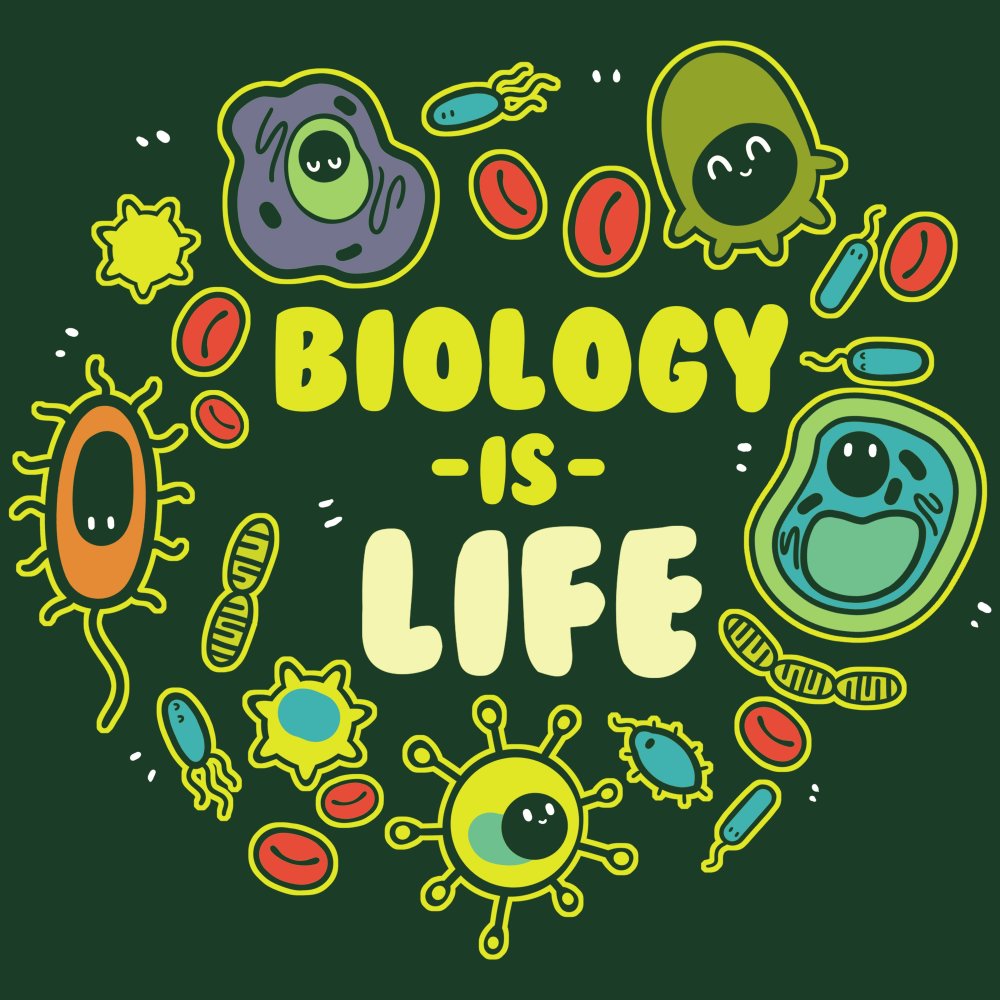Internet nowadays is one of the most important things needed in any job. It is facilities work and connects you to anything that is going around the world by it's social media apps. However, it is used in schools by both teachers and students. So in this post we are going to see how media affects cognitive development.
First of all, a survey was done in 2015 on the time that teens spent with media and if their parents spent less or more time than them. The sock was that parents spent more time with media than teens, and the time the teens spent was 9 hours daily.
Storytelling at ages and stages
At young ages (5-7 years) the children don't respond to negative consequences. For example in Pinocchio story, Pinocchio was punished because he used to lie always. While in George Washington story, George was rewarded because he did the right thing. So at young ages children respond to positive consequences and not to the negative ones.
Ages 2-5
Folk tales, fable and animation are more difficult to this age from realistic stories. Adults co-viewing, mediation and focusing on one main narrative is more effective for them. ( adults help them to understand the story more)
Ages 6-10
It is difficult for them too, but the actions and consequences should be in sequence for them in order to make link between events. However, at this age children may not got the moral lesson of the story, but when the become older they might.
Age 11+
At this age children can introduce the subplots and content that has nuanced. Also their ability to summarize a story develops at late ages, but not until age 14.
Teenagers reject moralistic messages in order to protect their sense of freedom and their independence. At this stage, the most effective educated media should come in narrative rather than didactic formats.
Media and Cognitive Learning
A test was done on paper versus screen (internet) to check how each one of them affects the memory. As a result of that, no differences were found between the two conditions in terms of performance, but participants with internet usage took longer time than those with paper usage.
Another test was done on paper, computer and computer with internet to check how they affect the critical thinking. As a result of that, on paper the participants focus more than computer and internet.
Smartphones (Attention / Memory)
Phones can affect cognitive performance. One research founded that the mere presence of a phone is sufficiently distracting to affect cognitive functioning, but only during demanding tasks.
Another research concerning memory showed that people could remember in what file they put their information, but they don't remember the information itself.
|Also using Gps don't allow you to use your brain and memory in order to remember places.
As a summary, digital media, technology and access to internet impact cognitive performance in both positive and negative consequences.
